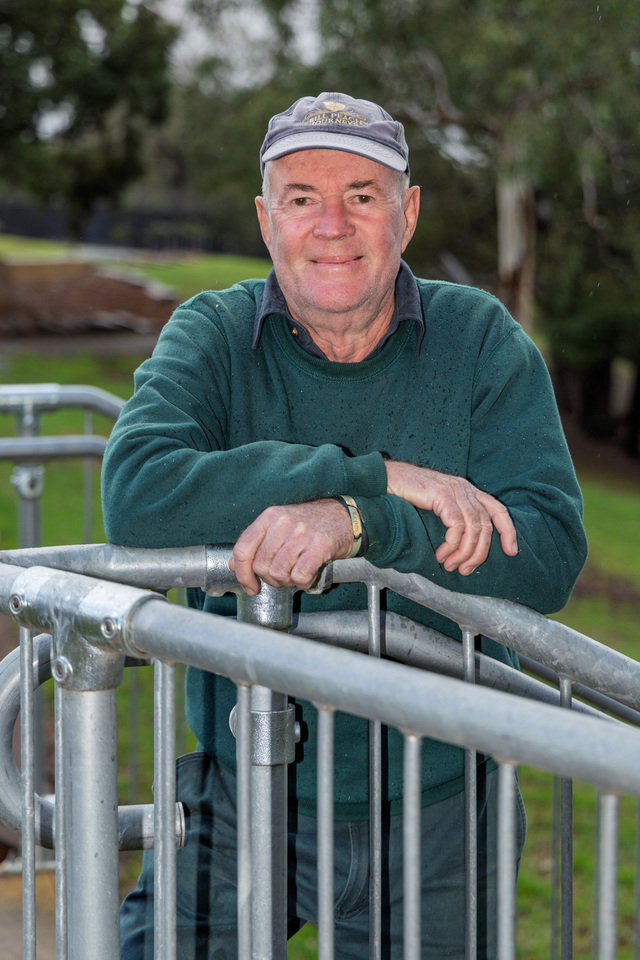WHILE politicians murmur in their sleep about a thrilling futuristic network of fibre optic cable that will provide high-speed internet to taxpayers, Australians living in the real world are left to wonder whether they will lose their high speed internet connection if they move house.
Fibre to the node (FTTN) has this week become a political buzz word after Federal Treasurer Peter Costello revealed the network could be built without public money, as suggested by the Labor opposition.
But the great-on-paper network that is years away fails to provide an immediate stop-gap to the broadband dilemma facing thousands of Australians – particularly in Melbourne’s south-eastern suburbs.
If you move house within the City of Casey, and broadband internet is important, do some groundwork to ensure you can definitely link up to an ADSL supplier at your new residence.
Otherwise, you may suffer a similar fate to thousands of residents who find that either their exchange has no ports available to link them into ADSL, or they are blocked by either a Pair Gains System or Remote Integrated Multiplexer (RIM).
The latter pieces of technology were once installed by Telstra to provide basic telephony services in growth areas where the number of residences may one day outnumber the available copper lines.
A RIM for example acts as a sub-exchange, linking short pieces of copper from the neghbourhood along a direct fibre line to the main exchange.
These ‘technology blockers’ inhibit a house’s capacity to have ADSL because ADSL typically requires a clean copper line from the house to the exchange.
Pair Gains victims have no hope but those on a RIM are in luck because Telstra can install what is called a ‘minimux’ set of ADSL ports at the RIM.
But minimuxes have less capacity than a regular exchange and the initial installation and subsequent port number upgrades are only done on a demand basis.
So, as the Federal election gears up, e-talk recommends that you lobby your local Federal MP or opposition candidate to have broadband installed in your area if it is not already available.
The current state of internet availability is an insult to taxpaying Australians given the internet is now becoming a necessity, not a novelty, in many peoples’ lives.
To learn more about the state of broadband in Australia, visit not-for-profit site, www.whirlpool.net.au.
New ‘net in the pipeline – but what about the ‘now’?
Digital Editions
-

Bunyip’s local cop makes a change
Purchase this photo from Pic Store: 486989 He has seen his fair share of danger on the street for almost 40 years, but Bunyip’s local…





